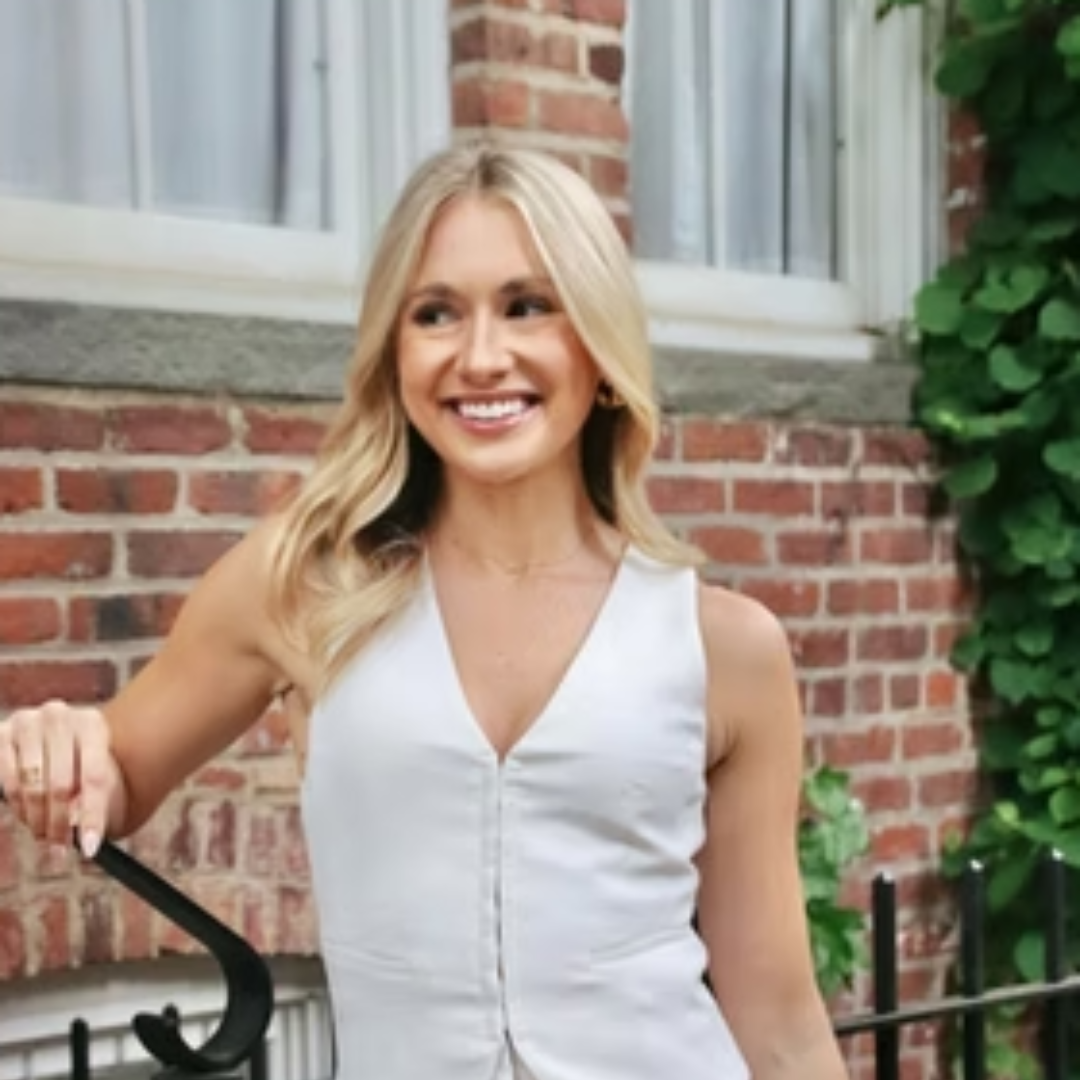Contemplating Therapy? Here's How to Do It in a Way That Feels Good With Lauren Larkin
Therapy—whether it’s your first time or you're jumping back in—it can feel super daunting. Where do you even start? What should you expect? How do I find a therapist? Is it going to be awkward? What if I don't connect with the therapist? In this episode of A Healthy Push podcast, I sat down with Lauren Larkin, a psychotherapist, to talk about all things therapy, and she had some amazing insights to share!
How Do You Know It’s Time for Therapy?
Lauren says if you’ve been stuck in the same patterns—whether it’s in relationships, work, or just feeling stuck—therapy could be a great next step. You don’t have to be going through a massive crisis to benefit. Sometimes, you just need a little space to figure things out, gain awareness, and unpack the things you’ve been carrying around.
Patterns are a big clue. If you keep finding yourself in the same frustrating situations over and over, that’s your signal that something needs to shift. Therapy can help you figure out why those patterns exist and how to break free from them.
Finding the Right Therapist
Here’s where it gets tricky—finding a therapist can feel like speed dating. Lauren suggests booking 15-minute consultation calls (usually free!). In just a few minutes, you’ll get a gut feeling about whether this person is right for you. Look for someone who makes you feel safe, calm, and understood. It’s all about the connection—more important than any fancy credentials or techniques.
Some resources that can help: Psychology Today
What Happens in Therapy?
First off, therapy isn’t about walking into a room, spilling all your deepest, darkest secrets, and expecting the therapist to magically fix everything. Lauren explains how therapy is about creating a relationship. It’s about you setting the pace, deciding what you’re ready to share, and your therapist helping you feel safe in the process.
Some people are ready to unload everything right away, while others take their time. There is no right or wrong approach. A good therapist will help guide you toward awareness, understanding, and small steps that can help you make real changes in your life.
What If It’s Not a Good Fit?
What happens if you just don’t click with your therapist? Maybe something feels off, or you’re not feeling seen and heard. It’s okay to leave a therapist if it’s not working!
The key is to protect your own well-being. If you’re not connecting with your therapist or feel uncomfortable, it’s totally fine to switch. Trust yourself to know when something’s not a good fit. Therapy is supposed to be about you, so if it’s not working, move on and find someone who’s a better match.
Making Therapy Worthwhile
Maybe you’ve found the right therapist and you’re showing up to sessions, but how do you make sure you’re getting the most out of it? Lauren stresses the importance of self-compassion. Just showing up for therapy is a big deal. You’re carving out time for yourself, making space to focus on your mental and emotional health. That’s huge! Even if you feel like you’re not making massive breakthroughs every time, remember that small shifts are happening behind the scenes.
To really make therapy work, Lauren suggests taking time outside of sessions to reflect, with meaningful change happening when you're integrating what you’re learning into your daily life.
I absolutely loved this conversation! Therapy really can be a life-changer, but it’s not an overnight fix. It’s a safe space to explore, reflect, and grow—at your own pace. Whether you're just thinking about it or are ready to dive in, take it one step at a time. If you'd like to hear more from Lauren, you can connect with her below!
Connect with Lauren!
ready to stop doing it alone?
Inside my 10-week program, Panic to Peace, I’ll guide you through this work step by step and you’ll be surrounded by people who truly get it.
You don’t have to stay stuck. Healing is possible and it’s closer than you think.
Come hang out with me on Instagram → I'd love to connect with you!

